Hungarian journalist hails Karabakh’s remarkable post-war transformation Photo
The editor of the Hungarian publication Daily News Hungary, participated in the 3rd Shusha Global Media Forum and, following his visit to Azerbaijan, shared his impressions in an exclusive article titled “We Visited Karabakh — This Is What Post-War Azerbaijan Looks Like,” published by the outlet on August 1.
The forum, themed “Digital Pathways: Strengthening Information and Media Resilience in the Age of AI,” attracted over 140 international guests from 52 countries. Delegates included representatives from 30 news agencies, seven international organisations, and nearly 80 media outlets. The event focused on artificial intelligence, information security, media literacy, and combating disinformation—key areas in today’s evolving media landscape.
A region scarred by war, now reborn
The Karabakh region has been a focal point of geopolitical tension for decades. Following the dissolution of the Soviet Union and during the first Karabakh war, Armenian forces seized control, displacing approximately 800,000 Azerbaijanis. However, the 2020 conflict saw Azerbaijan reclaim the territory swiftly. Since then, the Azerbaijani government has launched an unprecedented redevelopment campaign to revive the area.
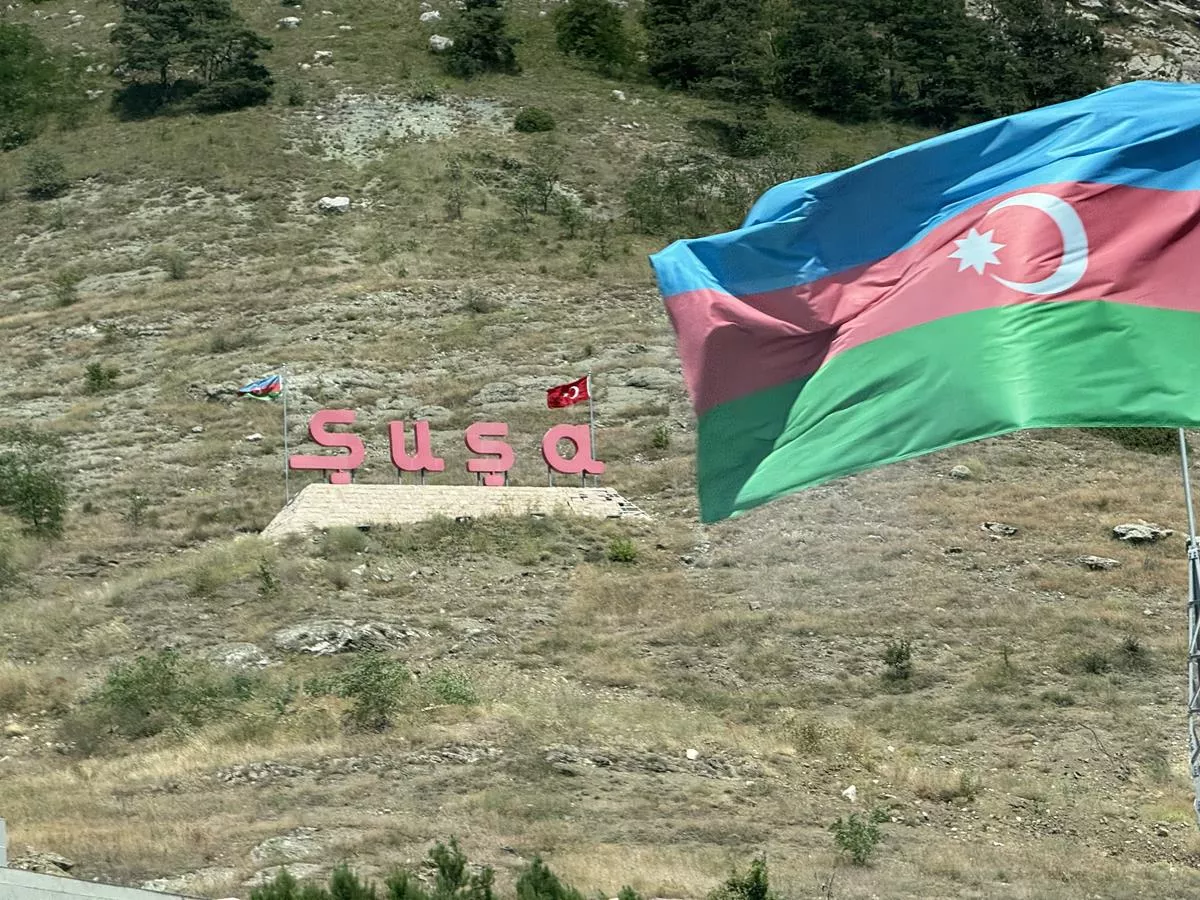
“The colossal challenge of rebuilding a vast territory nearly from scratch means that no how-to guide exists for such an undertaking,” noted participants during the press tour. Infrastructure projects span roads, highways, and railways, alongside the urgent need to restore electricity, water, sewage systems, and internet access. Hospitals, schools, and public institutions are also being built to encourage the return of displaced residents. While only 50,000 people currently live in the region, officials expect this number to rise sharply as living conditions improve.
Preserving cultural and religious heritage
Cultural preservation is a key pillar of the reconstruction effort. The tour highlighted the restoration of abandoned mosques over the past three decades and visited three Christian churches, including one in Shusha, whose exterior renovation is complete and is expected to welcome visitors next year.
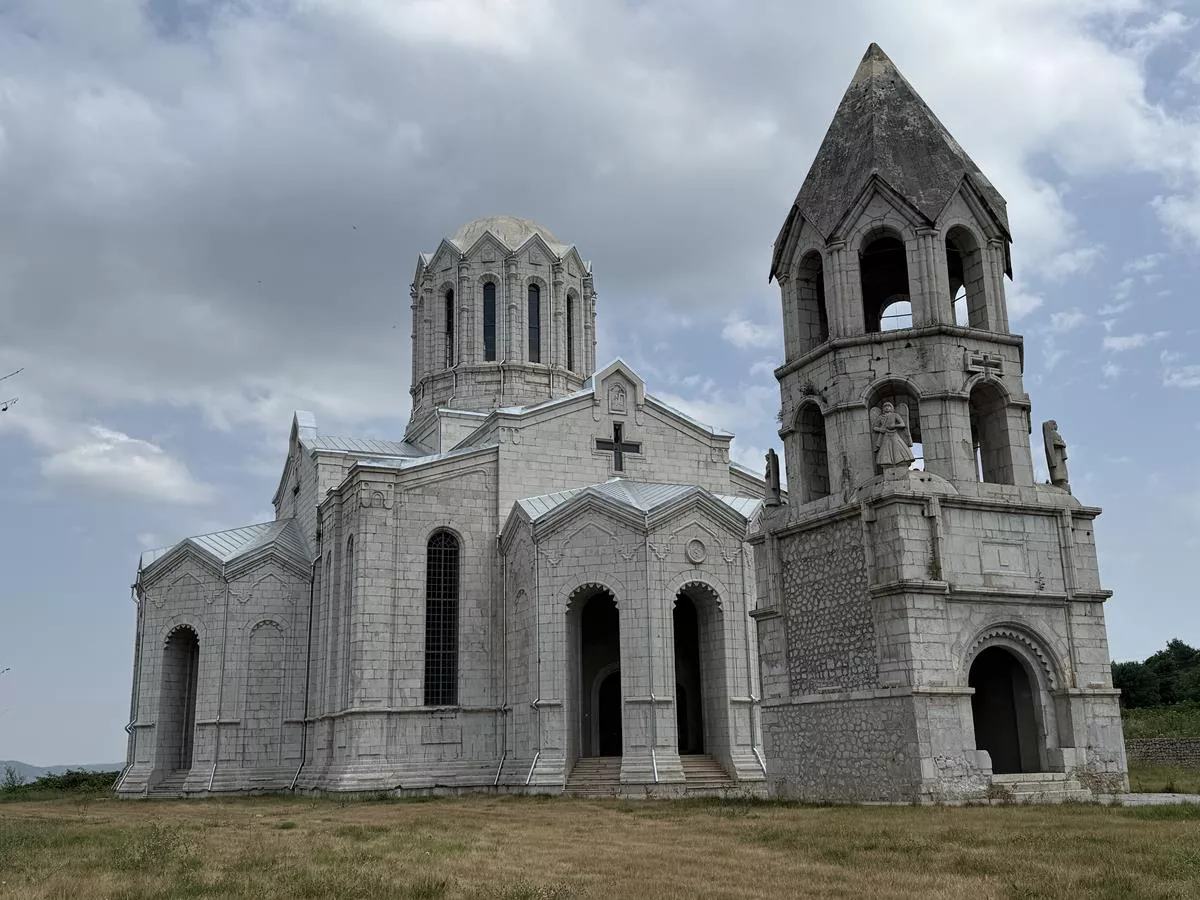
The journalist noted, “I won’t dive into who did what to whose church or mosque; war affects people on all sides, and unfortunately, some soldiers commit inhumane acts when given unchecked power. Atrocities likely occurred on both sides during these wars, and I trust that courts have held perpetrators accountable.”
Azerbaijani authorities appear committed to protecting religious sites, a move welcomed by international observers and cultural heritage organisations.
New gateways and renewed connections
The newly constructed airport in Fuzuli serves as a vital gateway to the post-conflict zone, symbolising the nation’s determination to reconnect Karabakh with the rest of Azerbaijan and beyond. From Fuzuli, visitors travel on a brand-new highway to Shusha, the forum’s primary venue and a cultural heartland of the region.
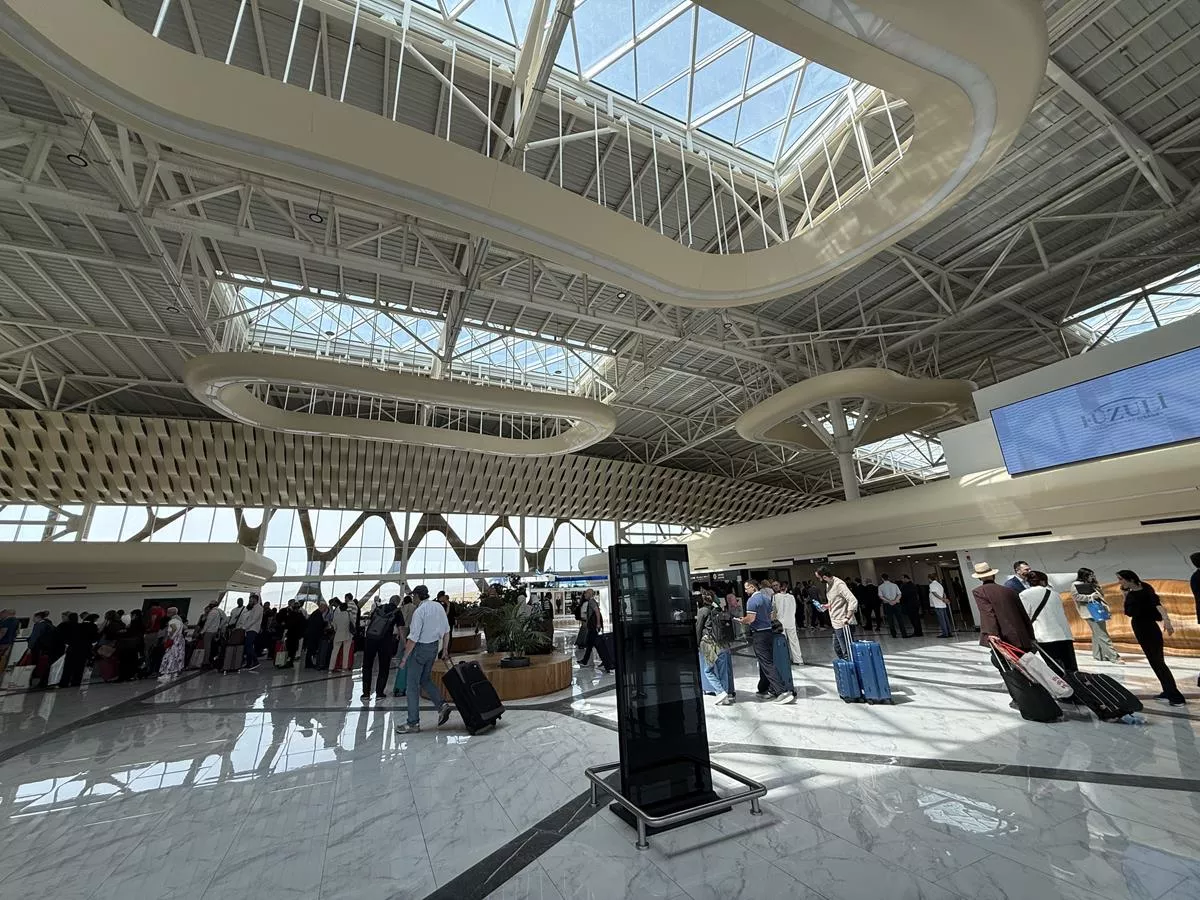
High-profile announcements
Azerbaijani President Ilham Aliyev addressed the international press during the forum’s opening day in Xankəndi (Stepanakert), delivering a statement with significant regional impact. Among the key announcements was Azerbaijan’s intention to file a lawsuit against Russia over the downing of an Azerbaijani military aircraft—a development that is likely to reshape regional diplomatic dynamics.
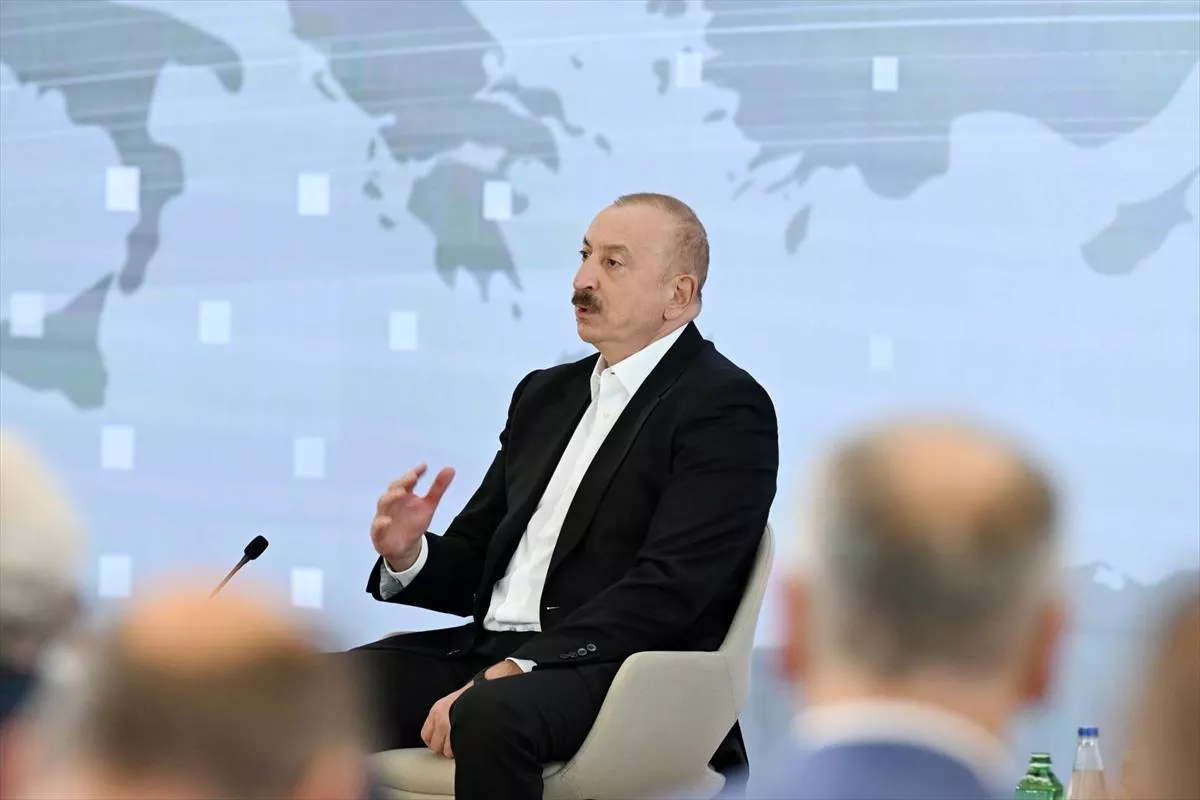
Agdam: From ruin to revival
The press tour included a visit to Agdam, one of the most devastated cities in the Karabakh war. Having been under Armenian control for three decades and left nearly uninhabited, Agdam is now the focus of large-scale reconstruction. Plans include new rail and highway connections, residential districts, and public services aimed at transforming the city into a thriving urban centre housing hundreds of thousands within a few years.
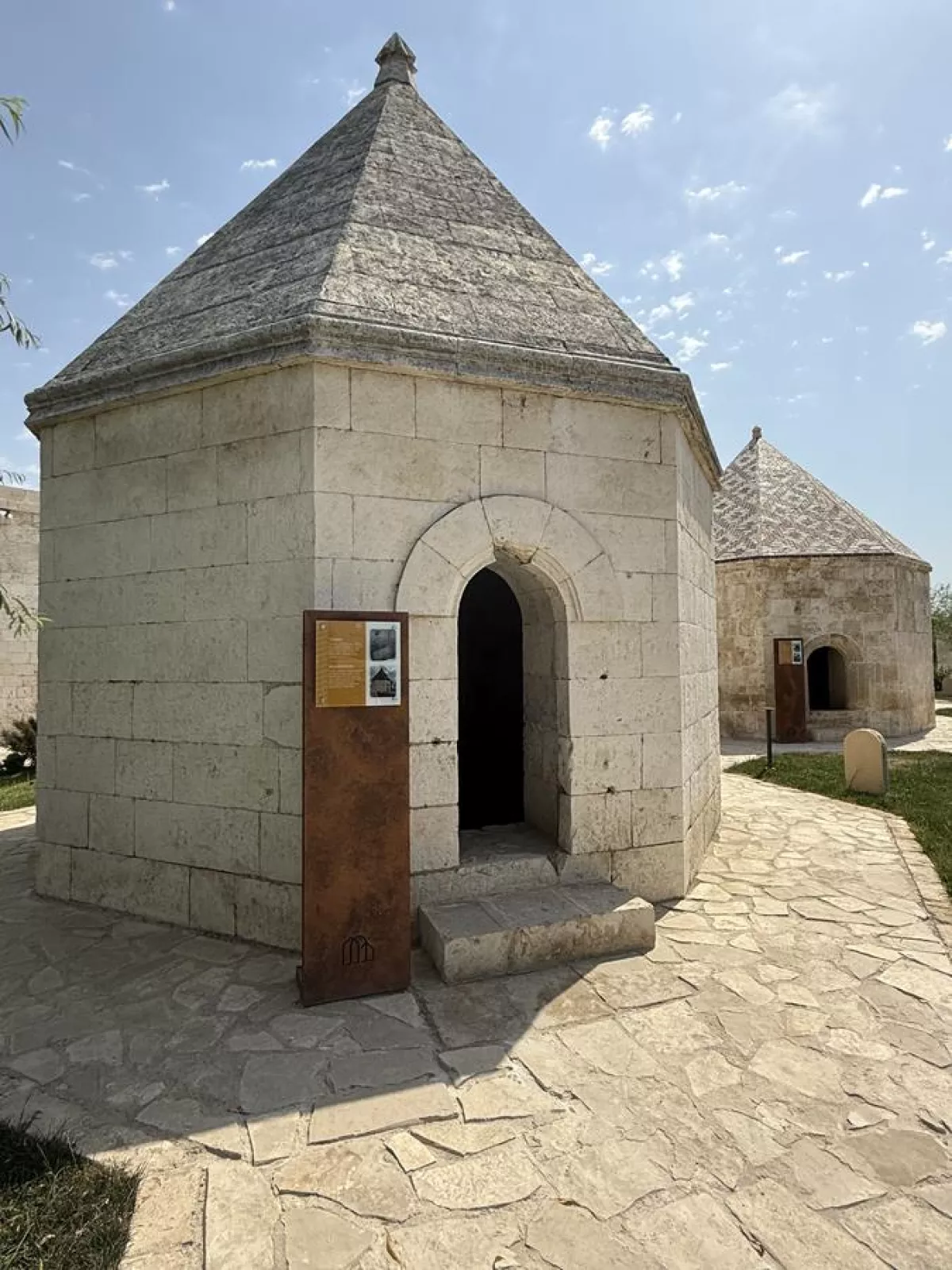
A newly completed transportation hub integrating train and bus stations with commercial spaces is set to open soon. Once operational, travel from Baku to Agdam by train will take only a few hours—further accelerating redevelopment.
Nearby, in Xidili Kendi, a newly built town showcases modern housing, schools equipped with state-of-the-art technology, and community centres designed to welcome returning residents.
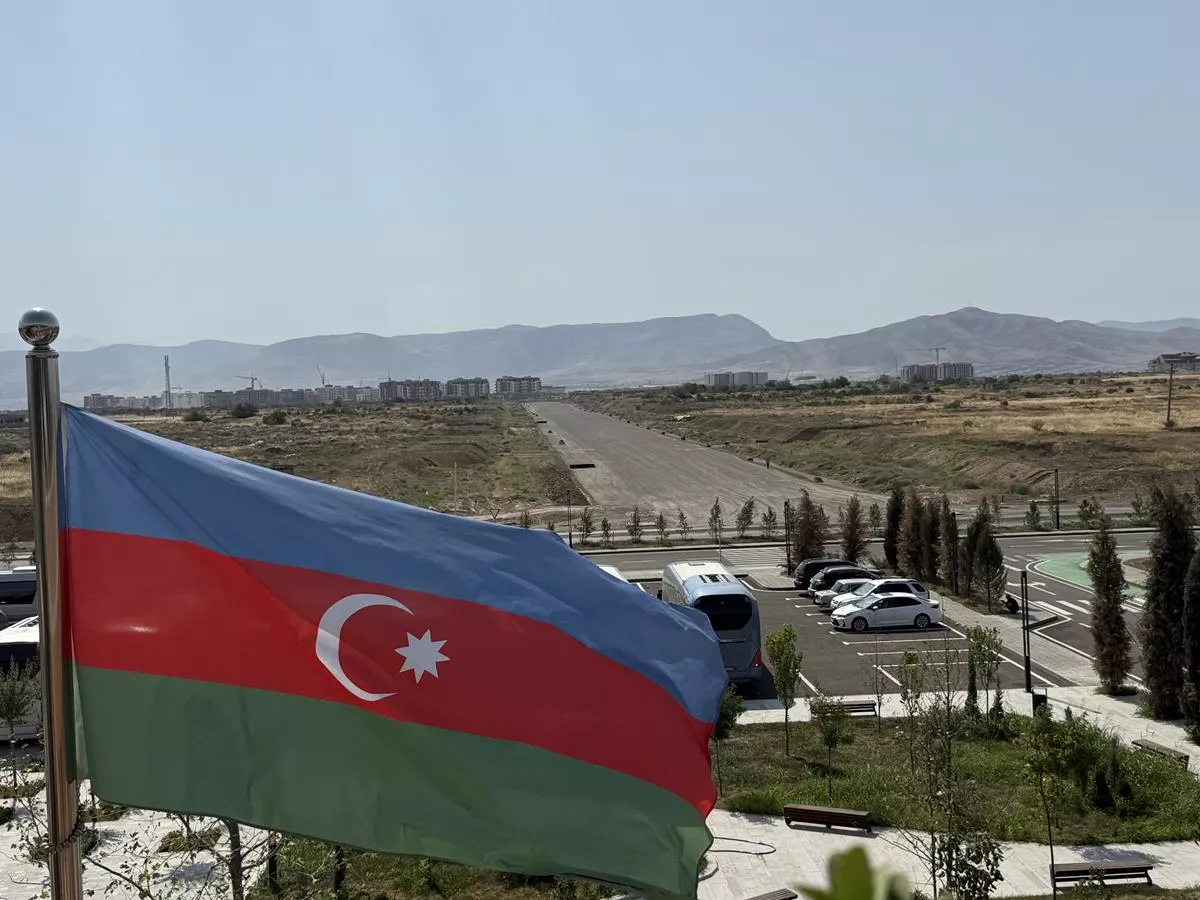
A model for postconflict reconstruction
These projects in Karabakh may offer a blueprint for rebuilding other war-torn cities around the world, including post-war Ukraine, highlighting the potential for rapid recovery through coordinated infrastructure and community development.
Baku: The modern heart of Azerbaijan
The press tour concluded in Baku, where the historic Maiden Tower, cobbled old town streets, and Caspian Sea promenade reaffirmed the city’s status as one of the most inspiring and fast-evolving capitals in the region.
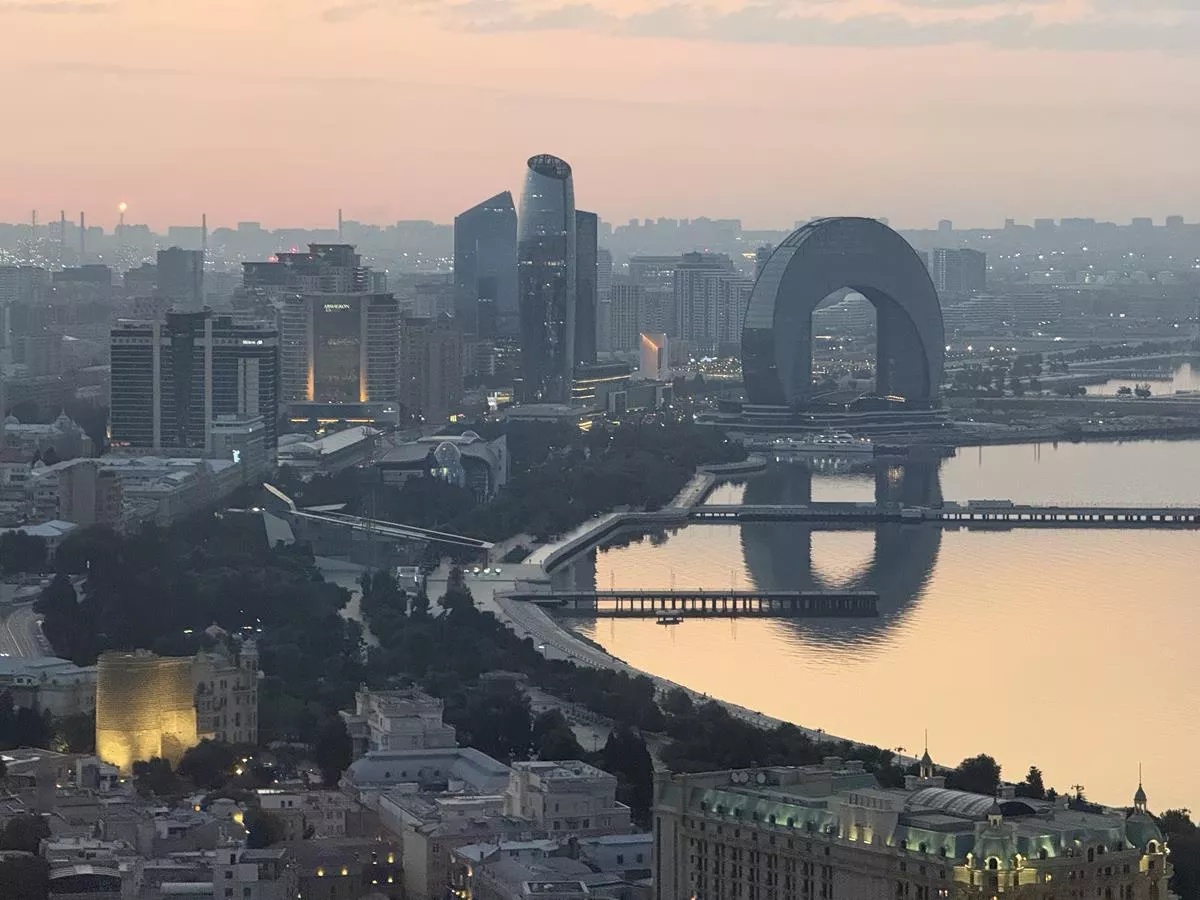
By Aghakazim Guliyev








